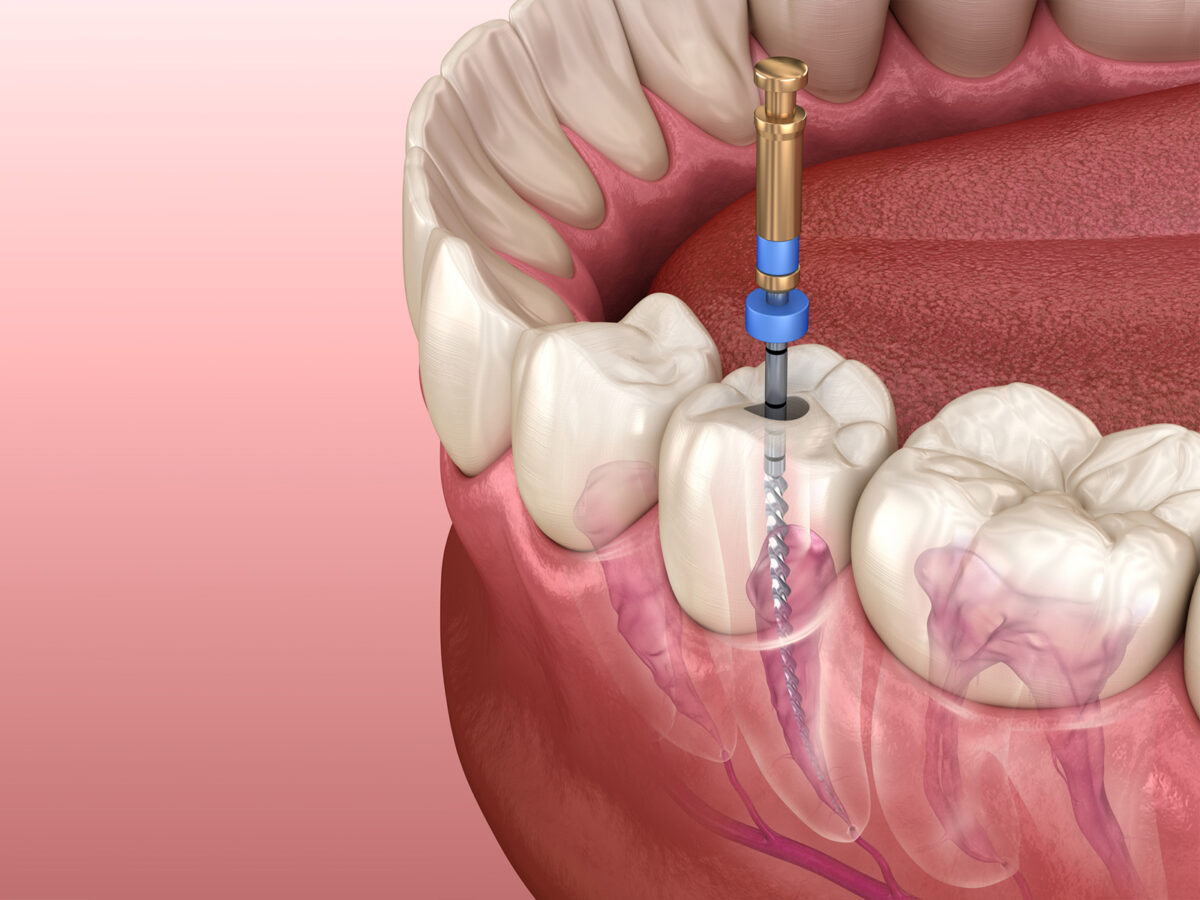Blog
Dental hygiene tips for healthy teeth & gums

Are You Awake During a Root Canal?
The idea of a root canal might be scary for many people. The dreaded root canal process is performed on a badly decayed tooth to take out the damaged pulp formed inside the tooth.
This tooth pulp comprises blood vessels and nerves, which are the living parts of a tooth, and when this pulp begins to rot, a person can feel immense pain and discomfort, which can be relieved by going inside the tooth, removing the pulp, and then sealing the tooth.
Do I Really Need a Root Canal?
If you feel any of the following symptoms that are indicators of a rotten pulp then you might need a root canal done:
- A severe toothache that worsens while chewing food
- Discoloration of the tooth
- The tooth pain gets worsened when it comes in contact with cold or hot temperature
- Gum swelling
A regular check-up with your dentist (twice a year) will ensure that any issues with your teeth are attended to in time.
Will I be Sedated For a Root Canal
The root canal is an intricate procedure and how a patient is treated depends on the severity of the damage to the tooth. In most cases, patients are given local anesthesia but there can be situations where sedation might be required. Here are the two options applicable to a root canal procedure:
- The dentist would apply local anesthesia around the affected area, which will numb that portion. Since the endodontist will remove nerves fibers and pulp from the tooth, local anesthesia is a mandatory step. You will be fully awake during the root canal process but your mouth, including your lip, would feel numb for several hours after the procedure is over.
- If you have a dental phobia or dental anxiety then you might require some level of sedation. The sedation ranges from very mild (it will just take off your jitters) to deep sedation, where you are awake but barely conscious. This sedation can be induced in different ways, like inhalation, intravenously, or orally.
- General anesthesia, which will put you to sleep entirely, is rarely used in root canal procedures.
For your badly infected tooth, a root canal is the suggested treatment. The decision of doing the root canal in a sedated state depends on the patient as well as the severity of tooth damage. General anesthesia is not used commonly for a root canal but might be needed if a lot of work is required for the patient or the patient has special needs.
Schedule your appointment with a dentist today and get the treatment on time!
